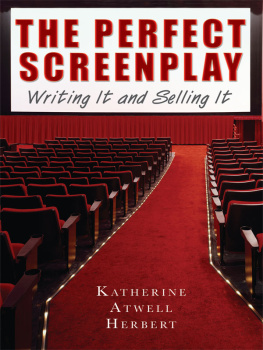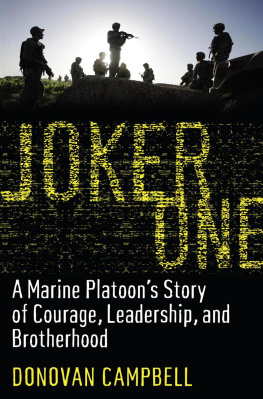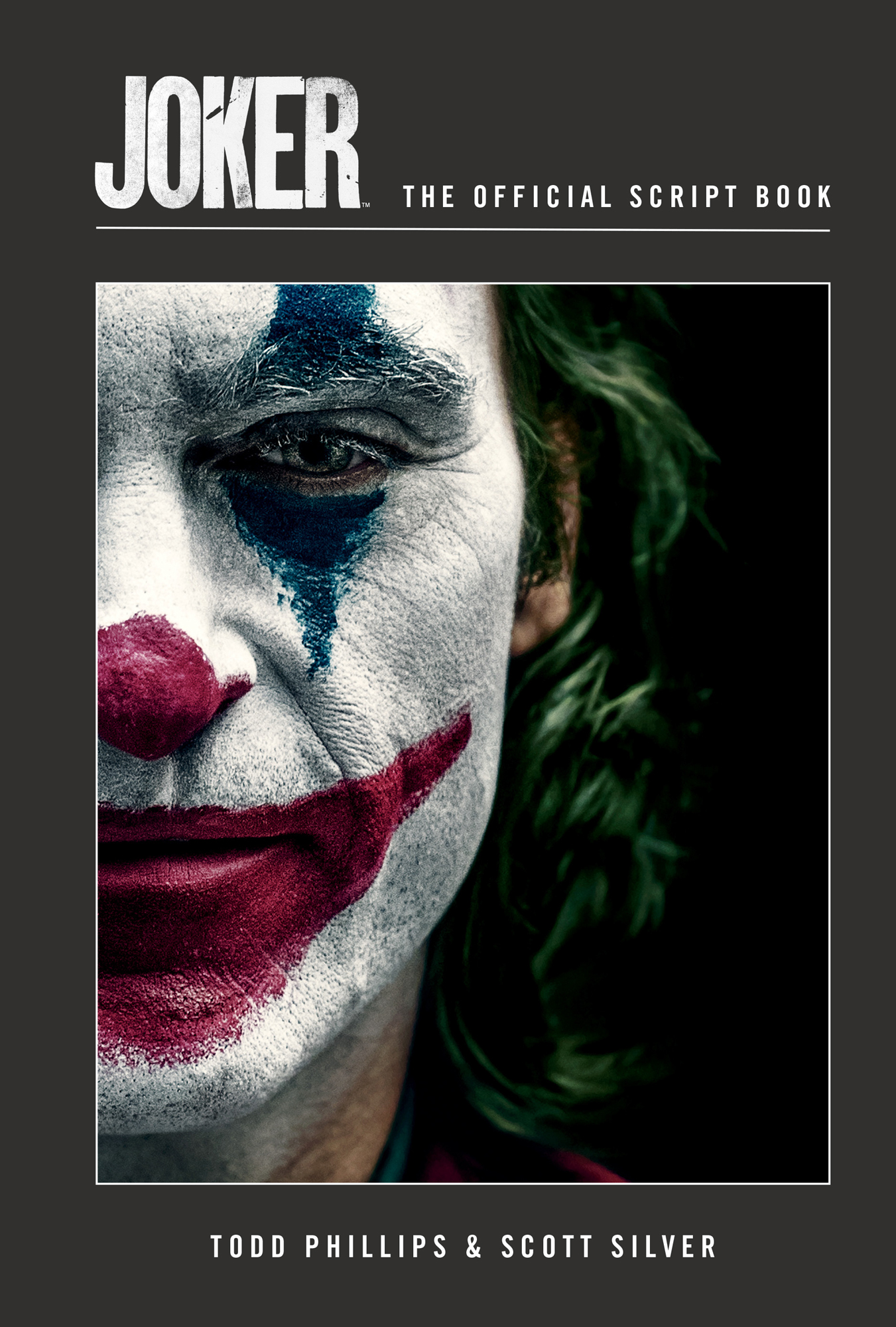Contents
Guide
Joker The Official Script Book Todd Phillips & Scott Silver
A CONVERSATION WITH TODD PHILLIPS JUNE 2019
Q: What are your memories of The Joker and what did you know about him before you came on to this project?
TP: I grew up not as big a comic book fan as you probably would think, having gone on to make a Joker film. But I remember always responding to the bad guys, and him in particular. I just liked his sense of mayhem and chaos. It was something that was attractive to me as a character. But hes been interpreted and done so many times over the years, and I think there hasnt been a bad one yet, so it was a little daunting. the first time I really got into him as a character in the comic books.
Q: And for yourself as a director, did you always know that you wanted to come in with this character piece? Or how did you approach that?
TP: I had never really thought about doing a comic book movie and its not been a goal of mine.
Q: And for yourself as a director, did you always know that you wanted to come in with this character piece? Or how did you approach that?
TP: I had never really thought about doing a comic book movie and its not been a goal of mine.
And I dont particularly watch a ton of them, although, thereve been some great ones. For me it was more about this idea of, what I really hadnt done much of is a character study. And so, the idea came from, Boy, itd be fun to make really a singular character study. Some of the movies I grew up on, whether its Serpico, Taxi Driver, King of Comedy, Raging Bull, and even recently There Will Be Blood and Social Network, these are all great character study films. And I thought it would be fun to make a really good character study, but about somebody that people have no idea of who, what, where he came from. So kind of came at it that way.
It wasnt like Oh, I want to make a Joker movie. It was really came from, How do you make a great character study and get people to want to see it? Q: And how did the studio react when you brought that up? Were they interested in it, or were they protective of their franchise?TP: You know, Warner Bros. was pretty loose with it. They didnt have anything to lose in saying, Go write it. We werent coming to them with a finished script. Have fun. Have fun.
And Scott Silver and I went off and wrote for a year, and came back with the script. But there was no rules or mandates from them. It was kind of amazing actually. We purposely set it in the past to remove it from anything else anybody knows. And its not really even set in the past. Its sort of set in an alternate universe in a way.
Its a tough thing to explain. But they werent really that uptight about the property. They just said, Okay, go explore. And I met with some people at DC. Geoff Johns was running DC at the time, and he was really into the idea. Q: Can you tell me a little bit about the process that you and Scott took when you came up with it and why it took you a year? What did you guys do in that year?TP: Well, like most writing, 70 percent of writing is procrastination. Q: Can you tell me a little bit about the process that you and Scott took when you came up with it and why it took you a year? What did you guys do in that year?TP: Well, like most writing, 70 percent of writing is procrastination.
So thats seven months and then you really just write. Really, no, we talked a lot about what it could be. To me, thats what writing is, you have these long conversations and long lunches where you just start talking about, If we could do anything what would it be, and who would he be, and why is he like this, and why does he laugh? And what is his thing, and where does that laugh come from? And why does he wear make-up, or not? And we really just started reading a lot of, as I said, I didnt grow up on comics, but Ive certainly been schooled on it since. When we were writing we did a ton of research. We watched certain movies that were definitely inspiration, like The Man Who Laughed, which I had seen I think in film school, but I really watched it under a different lens this time. We read a ton of stuff about narcissism and ego and things that we think that are baked into our version of The Joker.
And it was a little bit what makes somebody this way, an exploration of that, our version of that. Q: Can we talk a little bit about the narcissism and ego and that aspect of the psychological makeup of this guy? Because, as you said, you kind of bored in on one character.TP: Im not a psychoanalyst. I dont know too much about it, but I know that this idea of, The Joker is a narcissist. But hes an egoless narcissist in our mind. The ego is Arthur. The ego is the thing thats trying to control this wild horse that is The Joker.
But The Joker is pure id, not to overanalyze a comic book character. So we just thought, what happens when you go through your life wearing a mask, which a lot of people do? Youre wearing a mask and youre pretending to be a certain way. And Arthur is very controlled, but there are these glimpses of who he is underneath. And whether the laugh is something that gives us a hint of that, or just the simmering anger that we feel sometimes with Arthur in the early scenes. So theres this sort of, What happens when you take the mask off? Which is kind of a weird flip because actually The Joker wears a mask, or makeup. But the idea is, what happens when you stop living that life and live as the shadow? Its a Nietzschean thing with the shadow, and its a whole thing we got into.
When you ask, what did we do for that year? We did a lot of that. And then you just make the movie and you forget all that, and you just make the film and you hope it makes sense on some level. Q: It definitely made sense.TP: Yeah, and its like stuff that you talk to the actors about, and you talk to Joaquin certainly about, when were trying to find who Arthur is and who Arthur becomes, and about that transition from Arthur to The Joker. But what was really most liberating about it is that we had no rules fromyou brought up from Warner Bros.that we were able to do whatever we wanted. We really departed from a lot of the comic book things, we made up a new character, we gave him this name and we chose it out of the blue, so to speak. Q: And you also got to build a new world with Scott, and you state it from the very first page that its not Gotham City that we know cinematically, or from any other iteration on the page. Q: And you also got to build a new world with Scott, and you state it from the very first page that its not Gotham City that we know cinematically, or from any other iteration on the page.
Tell me a little bit about the Gotham City that you saw, and how it relates to the New York that you grew up in.TP: We just really saw it as, even though we dont say when and where the movie takes place, in my mind it was always in New York City 1981. What did that look like and what did that feel like? And it was, from my memory of itI mean I was only 11 or 12 years oldbut my memory of it was kind of what you see in the movie. A very kind of rundown, broken-down city on every level. And that was exciting to us, as a place to put this character, and a place to explore. Its tough when youre doing a movie, that theres been four or five interpretations of that character, so youre always inviting comparisons no matter what. Last year I produced



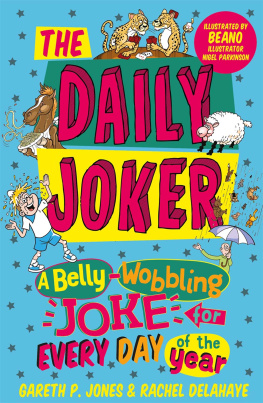
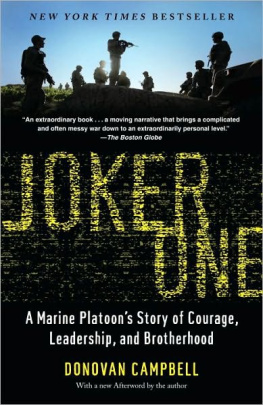
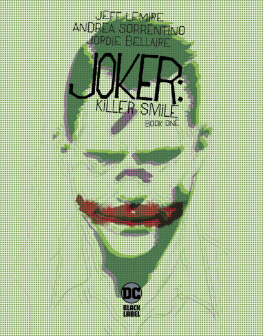
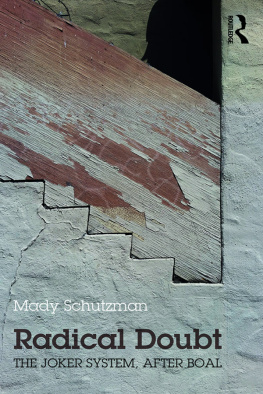
![Watt - The 90-day screenplay : [from concept to polish]](/uploads/posts/book/103527/thumbs/watt-the-90-day-screenplay-from-concept-to.jpg)
